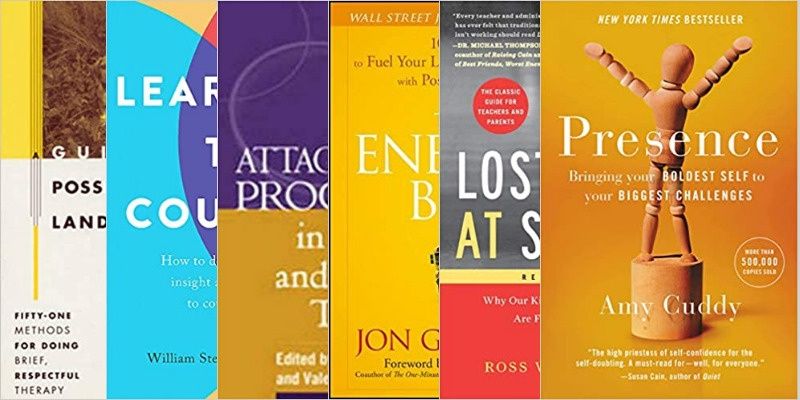In today’s world, the pursuit of happiness is more than just a philosophical concept – it has become a subject of study in the field of economics. Happiness economics is a branch of economics that focuses on measuring and understanding subjective well-being and its relationship to economic factors, such as income, wealth, and consumption.
One of the central debates in happiness economics is the age-old question: Can money buy happiness? According to traditional economic theory, higher income and material wealth should lead to greater levels of happiness. After all, money can buy us the things that we desire, such as a comfortable home, good food, and luxurious vacations.
However, research in happiness economics has shown that the relationship between money and happiness is more complex than we might think. While it is true that higher income can lead to greater levels of happiness, the effect is not as straightforward as one might expect. Studies have found that the relationship between income and happiness follows a diminishing returns pattern – that is, the more money you have, the less additional happiness you gain from each additional dollar.
This phenomenon is often referred to as the “Easterlin paradox,” named after economist Richard Easterlin who first observed it. The paradox suggests that while higher income can lead to greater happiness, the effect is limited and may even plateau at a certain point. Once our basic needs are met, additional income may not significantly increase our overall level of happiness.
Moreover, research has shown that there are other factors that contribute more to our happiness than just income alone. For example, strong social relationships, a sense of purpose and meaning in life, and good physical and mental health are all important determinants of well-being. In fact, studies have found that people who prioritize these non-material factors tend to be happier overall, regardless of their income level.
So, where does this leave us in the debate on whether money can buy happiness? While income and material wealth can contribute to our well-being, they are not the sole determinants of happiness. It is important to recognize that true happiness comes from a combination of factors, including relationships, health, and personal fulfillment.
Ultimately, happiness economics reminds us that the pursuit of wealth and material possessions should not be our sole focus in life. Instead, we should strive to cultivate meaningful connections with others, find activities that bring us joy and fulfillment, and prioritize our physical and mental well-being. By taking a more holistic approach to our well-being, we can strive for a more fulfilling and happy life, regardless of our income level.



